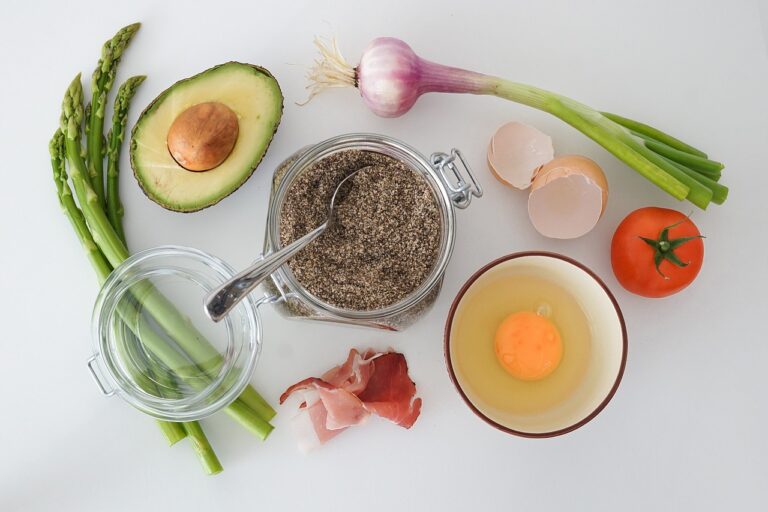Cooking Techniques: A Comprehensive Guide to Mastering Culinary Skills
Cooking is an art form that requires a range of techniques to create flavorful and nutritious dishes. From simple methods like boiling to complex techniques like sous vide, mastering a variety of cooking techniques is essential for any aspiring chef or home cook. This guide will provide a detailed overview of some of the most important cooking techniques, helping you expand your culinary repertoire and elevate your cooking skills.
Dry-Heat Cooking
- Grilling: Involves exposing food to intense heat from below, resulting in charred grill marks and smoky flavors.
- Broiling: Cooks food by exposing it to direct heat from above, creating a crispy exterior and juicy interior.
- Roasting: Slow-cooking food in an oven, surrounded by hot air, resulting in tender and flavorful results.
- Pan-frying: Cooking food in a hot pan with little or no added fat, creating a crispy crust and caramelized flavors.
- Deep-frying: Submerging food in hot oil, resulting in a crispy exterior and evenly cooked interior.
Moist-Heat Cooking
- Simmering: Cooking food in a liquid at a temperature just below boiling, ideal for tenderizing and flavoring meats and vegetables.
- Boiling: Cooking food in rapidly boiling water, used for tenderizing tough cuts of meat and vegetables.
- Stewing: Slow-cooking food in a flavorful liquid, resulting in tender and flavorful dishes.
- Poaching: Gently cooking food in simmering liquid, preserving its shape and nutrients.
Other Cooking Techniques
- Sous Vide: Vacuum-sealing food in a plastic bag and cooking it in a water bath at a controlled temperature, resulting in incredibly tender and juicy results.
- Braising: Browning food in a pan before simmering it in a flavorful liquid, creating tender and flavorful dishes.
- Confit: Seasoning and preserving food, typically using poultry or meat, by cooking it in its own fat at a low temperature.
- Smoking: Exposing food to smoke, imparting unique flavors and aromas.
Benefits of Mastering Cooking Techniques
- Improved Flavor: Each technique enhances food flavors in different ways, allowing you to create a variety of dishes.
- Nutritional Value: Some techniques, like steaming and grilling, help preserve nutrients in food.
- Versatility: Mastering a range of techniques allows you to prepare dishes from different cuisines and accommodate dietary restrictions.
- Safety: Understanding different cooking methods ensures food is cooked safely and hygienically.
- Personal Growth: Learning new techniques expands your culinary skills and boosts your confidence in the kitchen.
Conclusion
Mastering a variety of cooking techniques is a key step in becoming a skilled cook. By understanding the different methods and their applications, you can unleash your culinary potential and create mouthwatering dishes that impress your family and friends. Experiment with different techniques, explore new flavors, and continue to refine your skills to elevate your cooking to the next level.

























